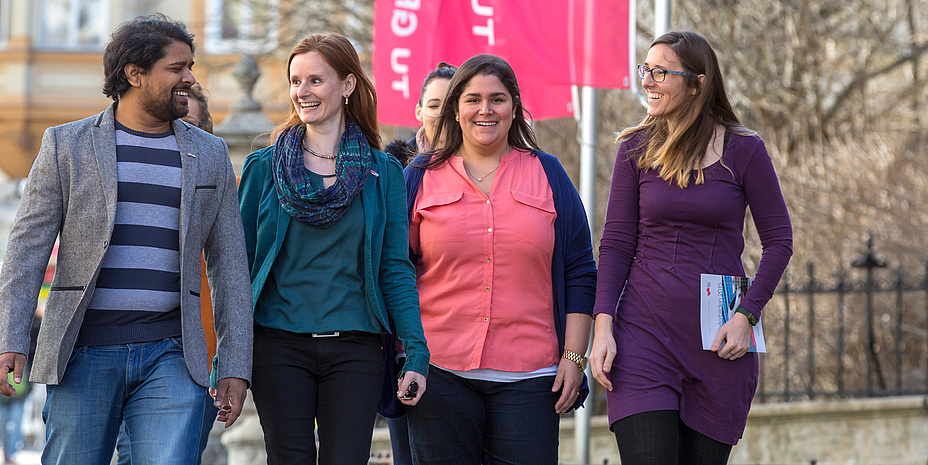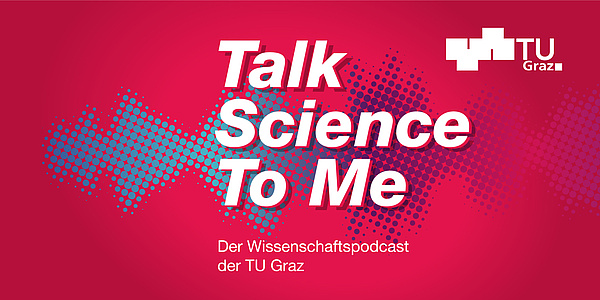TU Graz among the most international universities

Master’s programmes held in English
TU Graz has developed an extensive range of measures for internationality at all levels. Accordingly, nearly all the master’s programmes are being converted into English one after the other. Currently eight study programmes have been completely changed into English, and nine master’s programmes will follow this year and in 2017. This is meant to ensure that graduates of TU Graz can successfully enter the international job market. On the other hand, it also means that non-German speaking researchers can be brought to TU Graz. Kainz explains, “With us, research and teaching go hand in hand. If you do research at TU Graz, you will also be involved in teaching. The English master’s programmes open up many more possibilities for us to get the best minds over also from outside the German-speaking area.” All the doctoral programmes have been organised into English-speaking doctoral schools since 2013.Welcome Center and language course
The international mobility of students and employees is being specifically promoted with the help of a range of funding programmes and financial support. The Welcome Center was established in 2014 and supports students and staff from abroad in organisational issues during their stay. TU Graz gives special focus to promoting competence in foreign languages and intercultural skills. Members of TU Graz can fall back on a broad range of courses and continuing education.Making a university international
The “Times Higher Education World University Rankings” showing the 200 “most international” universities is based on the share of students and staff from abroad and the share of academic research publications with at least one international co-author.The rankings are led by Qatar University, followed by the University of Luxemburg and the University of Hong Kong. Among the ten most international universities are the Swiss Federal Institute of Technology in Lausanne, the University of Geneva, the University of Macau, ETH Zurich, the University of St. Gallen, the National University of Singapore and Imperial College London. Six Austrian universities altogether made it into the 200 most international universities.
Kontakt
Mag.rer.nat
Rector's Assistance
Rechbauerstraße 12/I
8010 Graz, Austria
Phone: +43 316 873 6004
<link int-link-mail window for sending>manuela.berner@tugraz.at

![[Translate to Englisch:]](https://www.tugraz.at/fileadmin/_processed_/9/8/csm_banner-thek-by-privat_a42f57f7b3.jpg)


